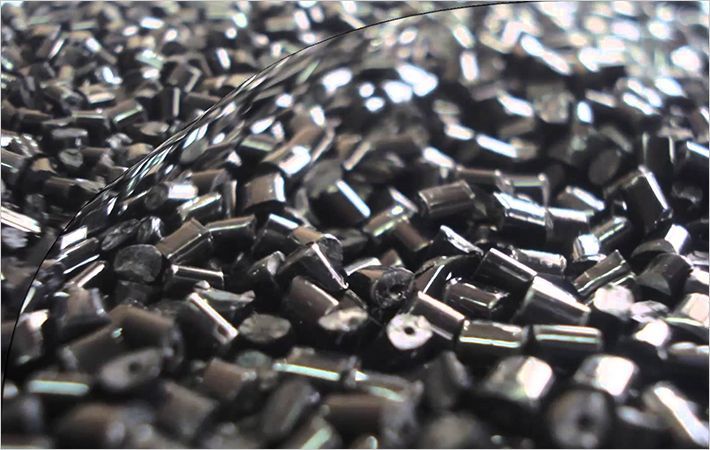Loughborough University is leading a three-year collaborative project with Nottingham Trent University to develop a new type of antenna that can overcome problems currently encountered by the military, search and rescue teams and the emergency services.
The groundbreaking project aims to produce a fabric antenna and associated electronics, which could be integrated into a wearer's uniform. Traditional monopole antennas are bulky, heavy and prone to breaking. They can also attract unwanted attention during covert and security operations. This new design would be small and lightweight, flexible and weather resistant.Loughborough University is leading a three-year collaborative project with Nottingham Trent University to develop a new type of antenna that can overcome problems currently encountered by the #
Professor Yiannis Vardaxoglou from Loughborough University is leading the project. “We are aiming to produce a viable demonstrator with our prototype fabric antenna which can be integrated into clothing. Initially, the team will be focussing on the radio communications applications ensuring the antenna can be manufactured in a cost effective way.
“We hope to integrate it into uniforms perhaps as part of an emblem or logo, and it will need to be capable of operating at megahertz frequencies.”
Nottingham Trent University will be contributing specialist knowledge of textile materials properties, performance and design under the leadership of Professor Tilak Dias.
Professor Dias, who is based within Nottingham Trent University's School of Art and Design, said: “The knowledge created within this project will advance and accelerate the developments in electronically active and smart textiles.”
As part of the research the two universities will be accessing the expertise of several industrial partners who are interested in the manufacturing and commercial potential of this technology. Antrum Ltd, experts in the commercialisation of wireless communications research, will be exploring new applications and market technology. Hi-tech company Advanced Therapeutic Materials will be providing further advice on innovative fabrics, including conductive yarns and Defence Marine Systems Ltd will be providing insights into applications in defence and search and rescue sector.
The £400,000 project is being funded by a grant from the Innovative Electronics Manufacturing Research Centre (IeMRC).
Over the next three years the project team would welcome additional input from companies or individuals who are keen to explore new applications or markets for this technology or from others currently working in this field who wish to explore collaboration opportunities.
Loughborough University

